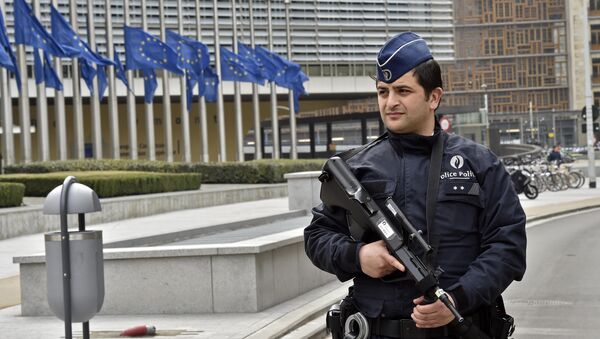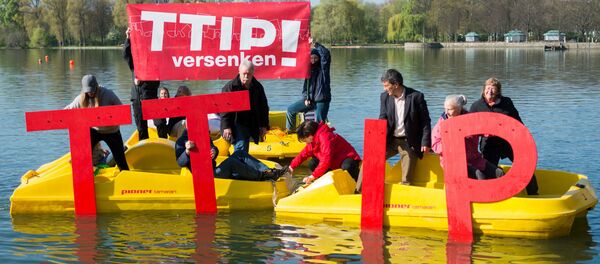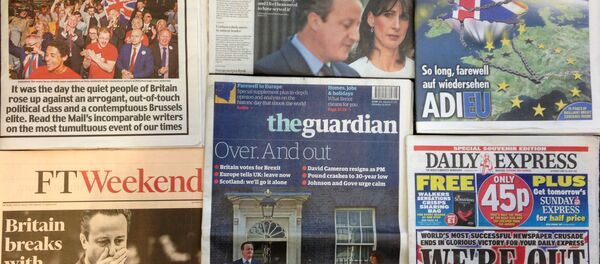The former politician further elaborated on whether the "EU’s status as an enterprise dominated by its member states is permanent" and whether the member states will be able to maintain their supremacy in the EU decision-making process.
Or will it be the European institutions dictating the policies of the block to the member states?
"In fact, with member states’ domestic politics playing a more important role than the European Council in driving whatever EU policy momentum exists, even an intergovernmental EU may be too much to hope for," she suggested reminding of the recent remarks of EU Council President Donald Tusk before the block's summit in Bratislava, who then said that after the UK leaves the block, “giving new powers to European institutions is not the desired recipe.”
"It is likely that parochial interests will become even more dominant, at least until major elections are complete. An opening for a European approach may follow, but only if the current torpor does not lead to institutional atrophy," she suggests, citing as an example the next year's federal elections in Germany, constitutional referendum by the end of this year in Italy and next year's elections in France and the Netherlands.
Ana Palacio also cites the statistics revealed by Hubert Vedrine, a former French foreign minister, which suggests that only 15-20% of Europeans are Europhiles, another 15-20% oppose the EU outright, and the remaining 60% are "euro-allergic."
"It is a rough but fair portrait," she says.
"Put simply, for much of the public, EU institutions lack legitimacy. The reasons are well known: poor communication, a democratic deficit, finger pointing between member states and the Commission, a flawed institutional architecture."
Now is the time not for risky shortcuts, but for meticulous, well-planned, incremental measures that gradually and consistently earn the public’s trust, Palacio suggests.
She further explains what it means: "resisting the urge to wax poetic about future actions that never actually materialize, or to roll out impressive-looking programs with few real-world effects."
Instead, it means "completing key initiatives, most urgently the banking union; improving accountability; and ensuring that the public understands what the EU institutions are doing. And it means staying out of political conflicts, which neither the European Commission nor the European Parliament are in any position to win."
The former politician explained that most people are "tired of empty rhetoric and half-baked initiatives."
Only if the EU institutions deliver genuine action, in a credible and transparent manner, can they ensure that the current inter-governmentalism is just a phase and that the future of Europe is Europe.
Looking ahead, Palacio has a view which markedly differs from today's reality.
"While it is impossible to say exactly what the EU that emerges will look like, it seems clear that it will look nothing like the Brussels-centric, deeply integrated Shangri-La long sought by many at the Commission," she concludes.





